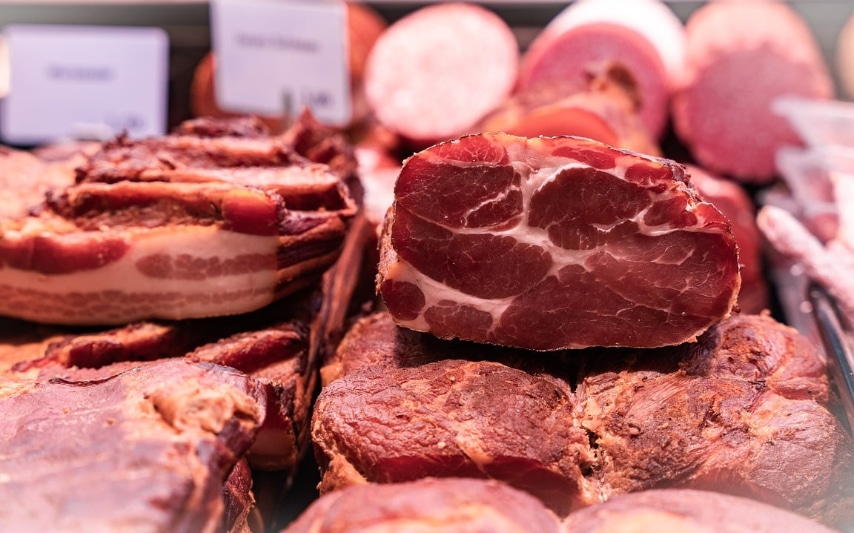The British Chamber of Commerce Philippines (BCCP) has reaffirmed its commitment to boosting British pork exports to the Philippines, helping manage inflation and ensure food security amid challenges such as El Niño, La Niña, and African Swine Fever (ASF). The National Economic and Development Authority (NEDA) Board, chaired by President Ferdinand Marcos Jr., recently approved the Comprehensive Tariff Program to adjust tariff rates for essential commodities.
The BCCP supports extending reduced tariffs on pork and other agricultural products until 2028. Executive Director Chris Nelson is optimistic about lifting the current ban on live cattle from the UK, noting its limited impact on pork exports. The Philippines remains the second-largest market for UK pork, after China.
The United Nations’ Food and Agriculture Organization (FAO) projects a rise in the Philippines’ meat imports, reaching 1.09 million metric tons (MT) this year. The extension of reduced tariffs and increased demand for poultry and bovine meats are key factors. Pork imports are expected to rise to 393,000 MT, while bovine meat imports will increase to 205,000 MT. The Philippines will also contribute to a higher global poultry meat trade and see a 7.19% increase in dairy imports due to food service demand and lower skim milk prices.
President Marcos, through Executive Order 50, extended the lower tariffs on imported pork to stabilize prices and control inflation. The BCCP also anticipates the swift passage of the Anti-Agricultural Economic Sabotage Act, reinforcing efforts to modernize the agricultural sector and drive economic growth.
(Source: The Philippine Star)

